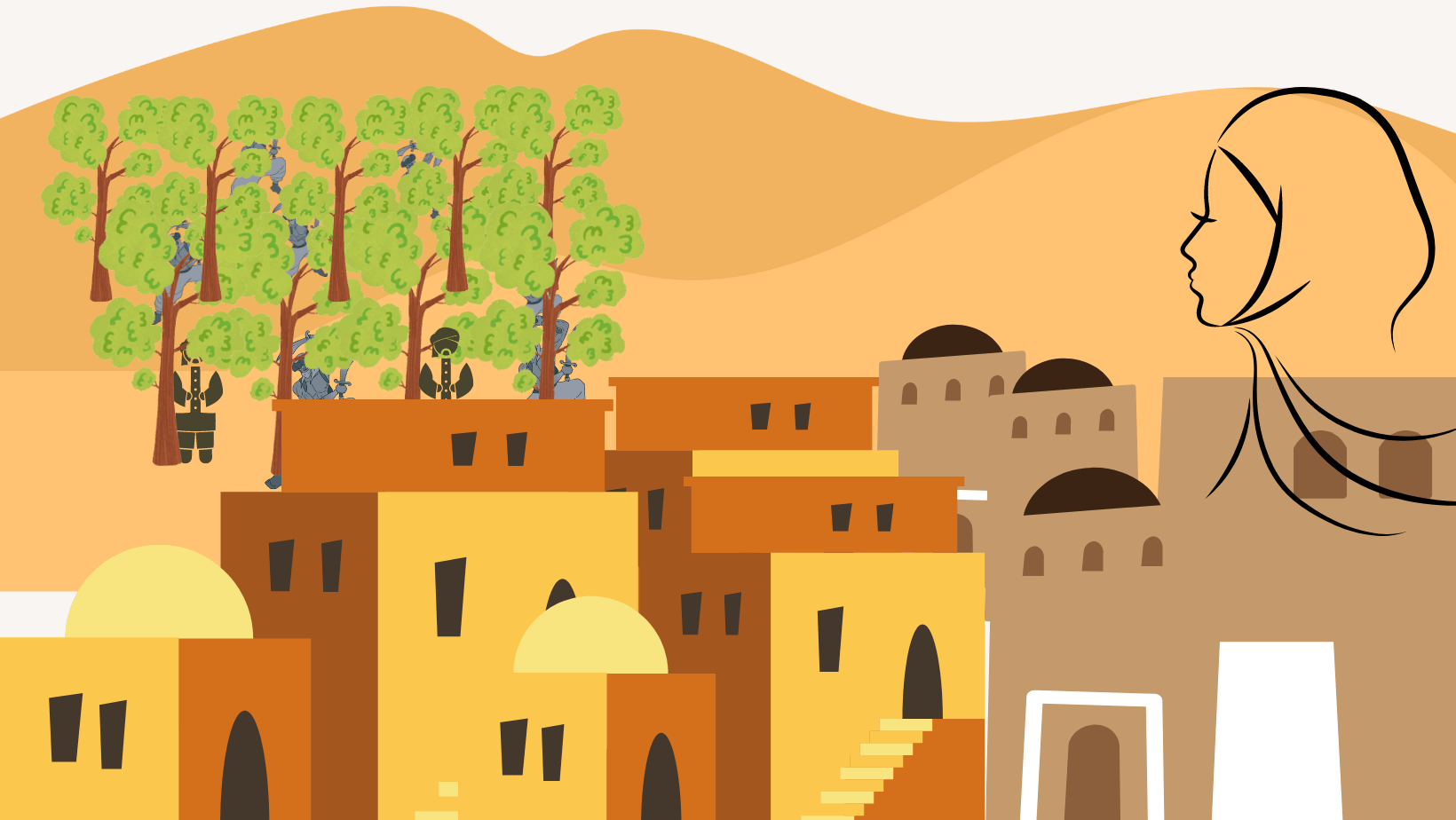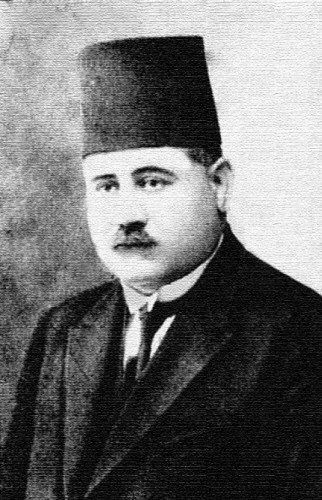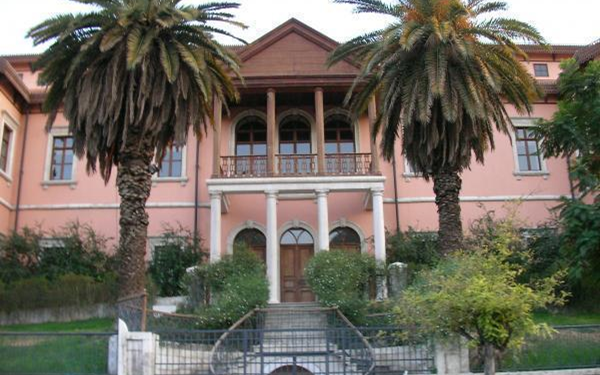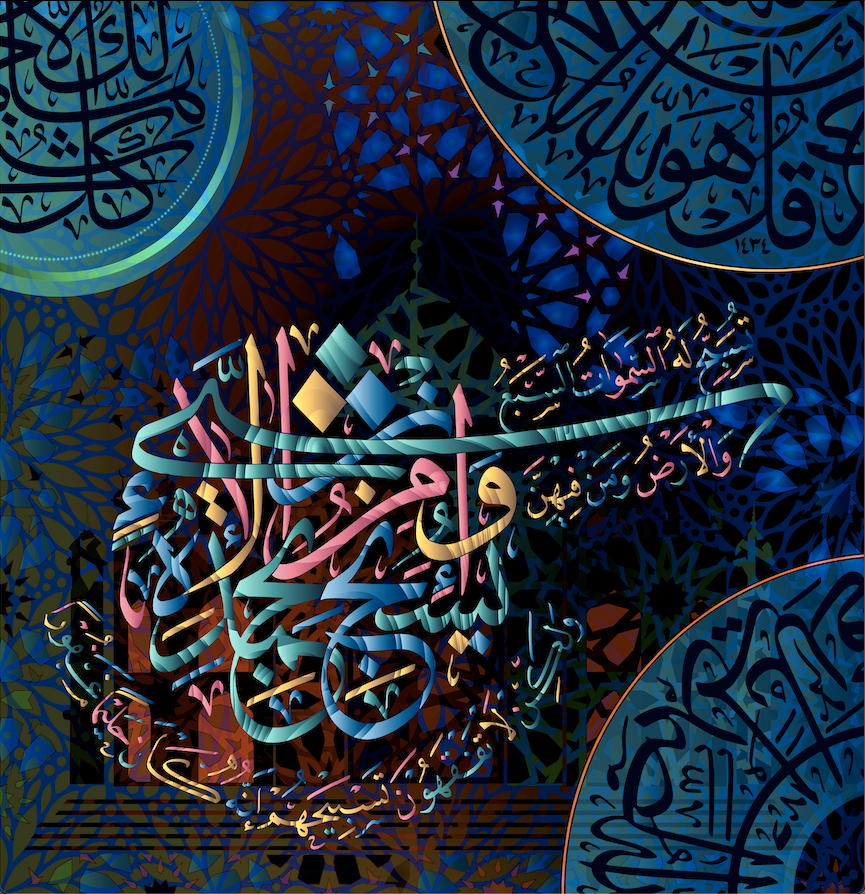3 Must-have Skills in a Good Translator
Key skills to look for in a translator
We’ve all been there – you think you went to a good translator until… a native speaker reads the text!
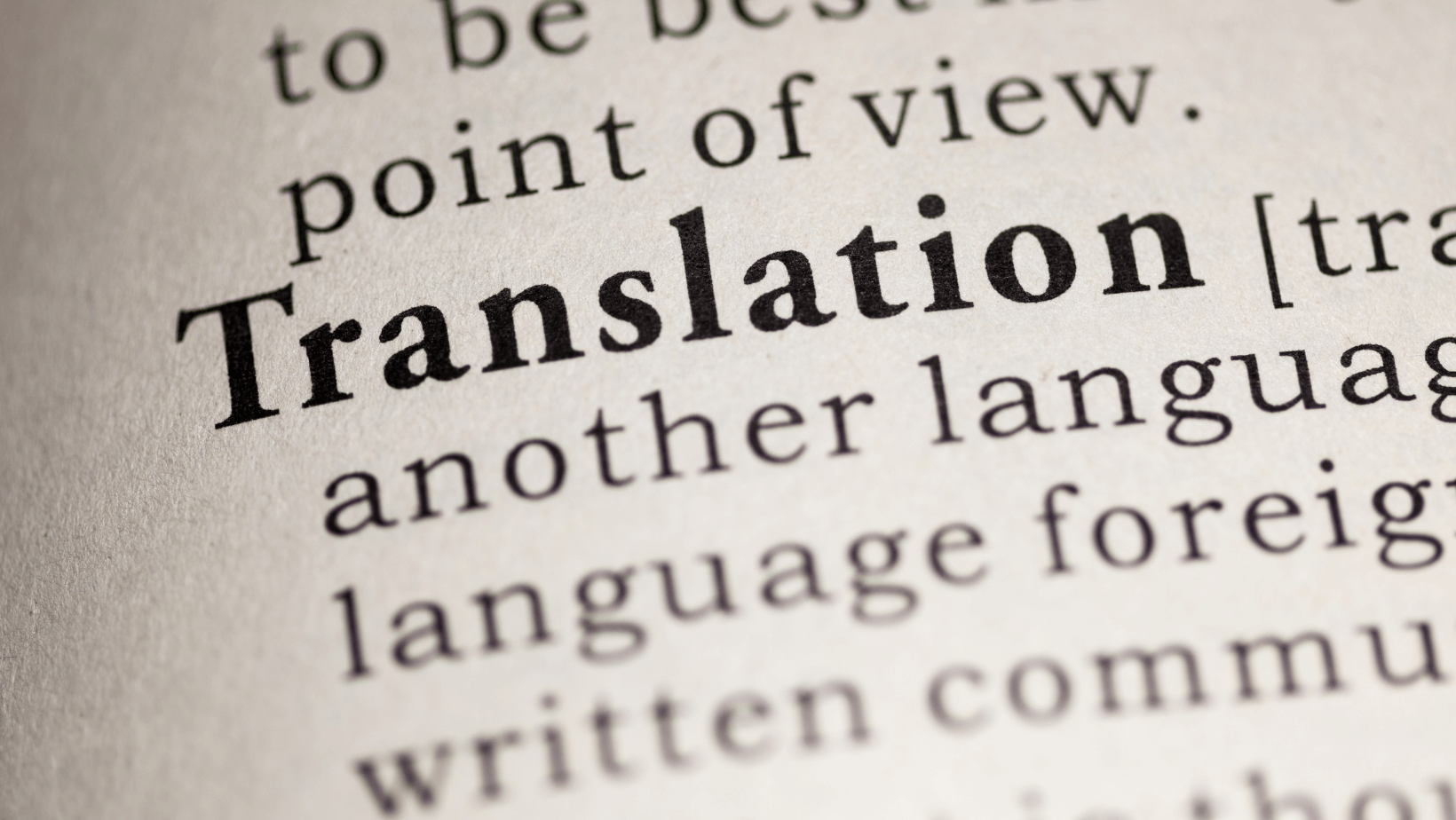
Literal translations, meaningless sentences, messed up sentence structures are just a few of the issues you may encounter. Not to mention missing cultural nuances and sensitives.
So, without knowing the target language, how can you select a translator who would do a good enough job?
Here are three key skills you need to look for in a translator:
1. Language Proficiency
Very good command of both the target and original languages is a must.
If the translator isn’t very good at the original language, how are they going to be able to fully comprehend the content they are dealing with and translate it correctly?
2. Cultural Appreciation
Ability to tweak content for the target market and culture. In other words, ability to localise.
A British reader for example would prefer to read about distances in miles, a reader in the Middle East would prefer that to be in kilometres. Although the difference between cats have nine lives (English) and cats have seven lives (Arabic) isn’t huge, other proverbs may just be impossible to literally translate. Would, for instance, the verse / house of the poem mean anything to you? This is a literal translation of an Arabic expression (بيت القصيد) to mean the gist or essence of something.
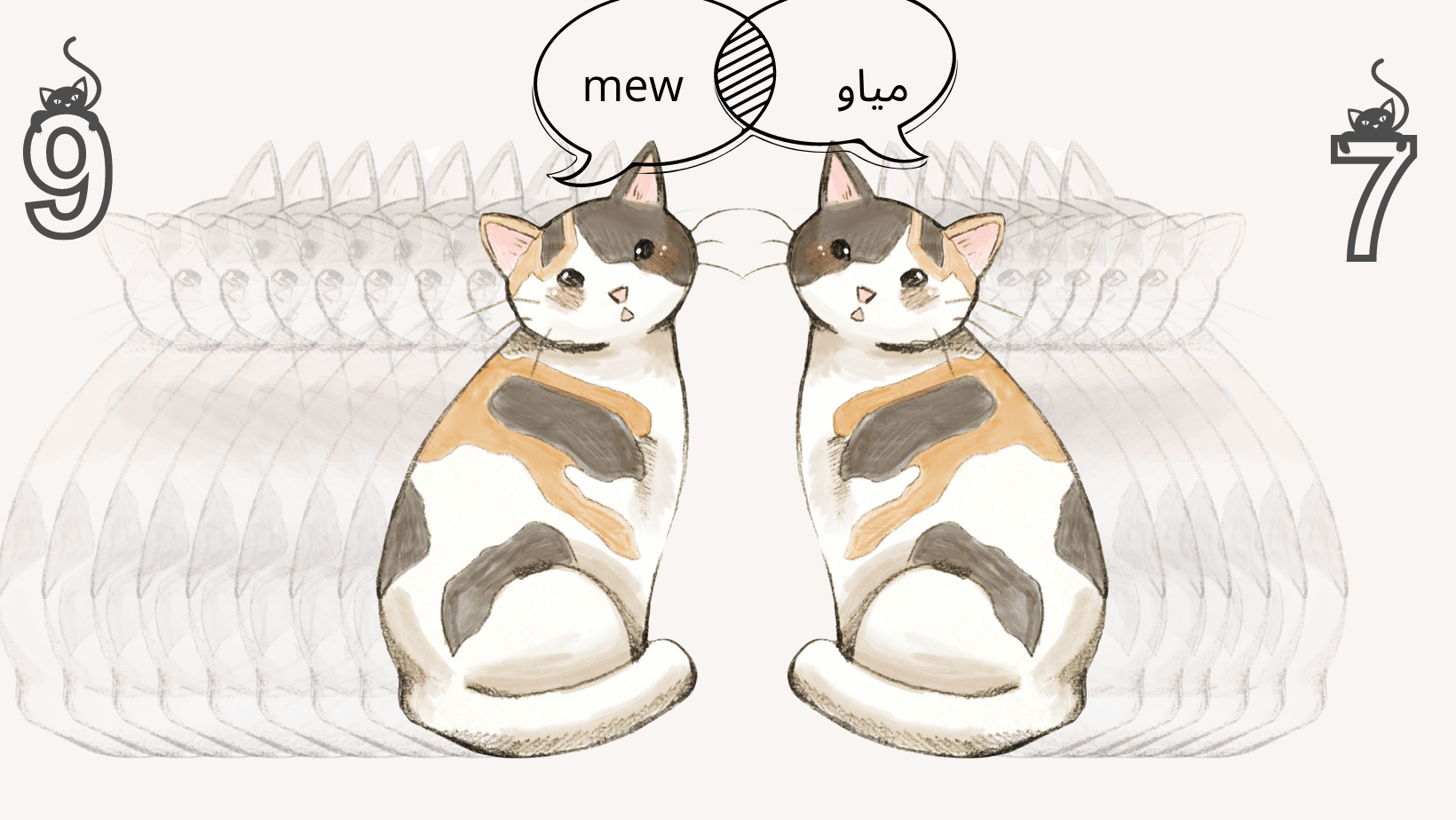
3. Contextual Understanding
Ability to understand context and correctly convey intended meaning.
Some words carry singular meanings, whereas others carry multiple meanings depending on context. If translators fail to read the original language well and understand the context through which they have to operate, that is often detrimental to the content. Take the word volume in English with all its various contextual meanings. Each of those meanings is likely to have a completely different word in the target language. In Arabic volume for sound is صوت, volume for size is حجم, volume for a book is مجلّد etc.

Ultimately, your aim is to communicate your message to your target audience in the most relevant way possible – which in the words of Anthony Burgess translate to:
“Translation is not a matter of words only: it is a matter of making intelligible a whole culture”.





